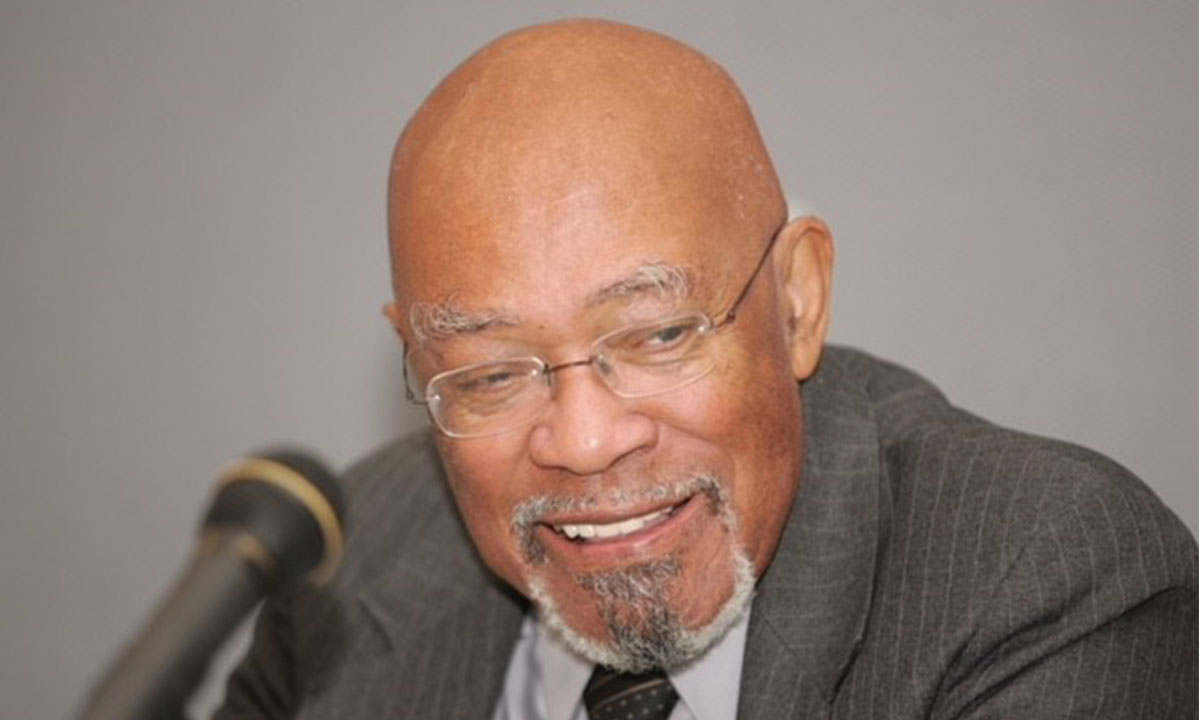In May 2017, then-University of Washington freshman Byron Dondoyano Jr. identified a need for more inclusive, affirming policies after he observed Ramadan as a non-religious student. By fasting from 2:30 a.m. to 8:30 p.m. with no food, drink, or water right before finals, he experienced first-hand a glimpse of the lived experiences of his Muslim peers. He discovered that this was more than just an issue for Muslim students, but also for Jewish students with finals on Saturdays, and Orthodox Christians observing Christmas in January.
Byron began to research how state law around religious expression was being implemented at the UW. He found that UW policies, and how they are communicated to students, could be strengthened. And, he promptly took action. That same spring quarter, Byron took an undergraduate elective course at the Evans School called “Making Change Happen” (PUB POL 313), which not only helped him understand the process of policy making, policy implementation, and evaluation, it also equipped him with the skills he would need to push his own piece of legislation through from the UW Student Senate to the Washington State Legislature.
“Part of what I learned was the importance of coalition building. As a non-religious student, my lived experiences were going to be very different from those who observe whatever faith they observe,” Byron explained. “I partnered with Mennah from the Middle Eastern Student Commission to tackle this project. During the entire journey, our coalition grew to include the Jewish Federation, Council for American-Islamic Relations, the Anti-Defamation League, Faith Action Network, Cedar Law PLLC, and State Senator Bob Hasegawa.”
Now signed into law, Senate Bill 5166 creates more transparency and brings more awareness to religious accommodations, in the same spirit that the ADA created more awareness and support for people with disabilities. It also provides protection for all universities in Washington state from potential lawsuits over discrimination.
“The elective courses I took at the Evans School changed the way I viewed government and decision making,” Byron noted. “This journey has inspired me to continue to do work in policy, and I plan on pursuing a Master’s in Public Policy or Education Policy in the future.”
Byron is now a junior studying Law, Societies and Justice with a minor in education. He is also a volunteer and part-time teacher at a preschool in his community, and he is working to create more gender and racial representation in early childhood education.

